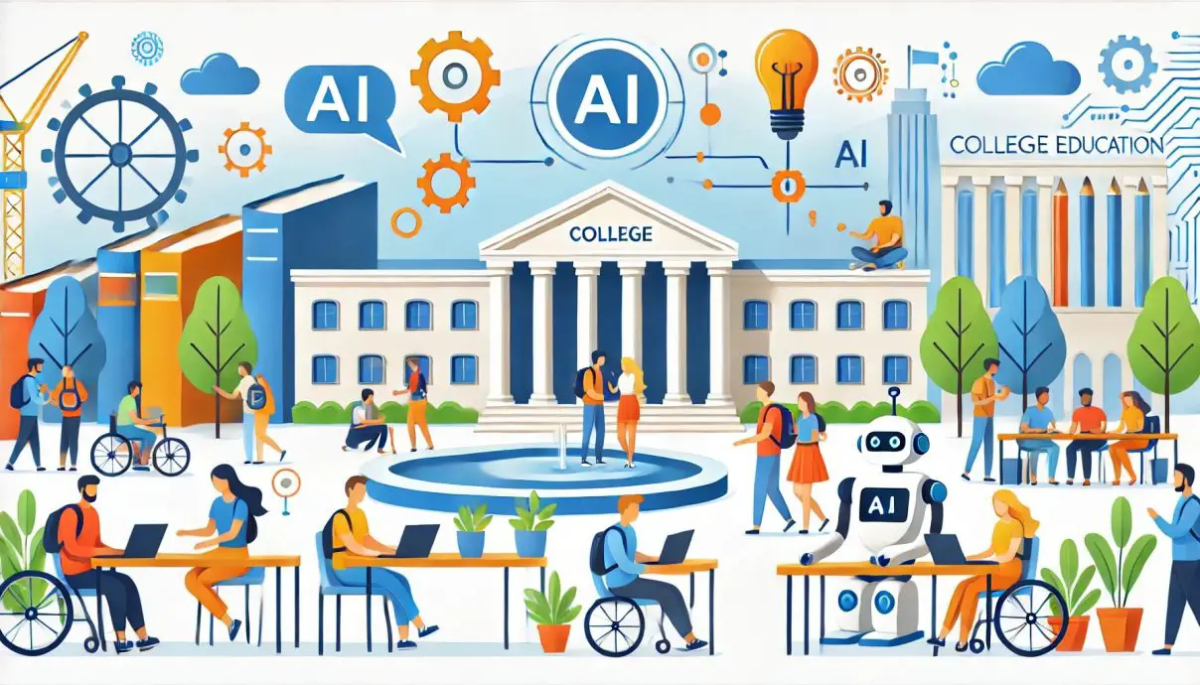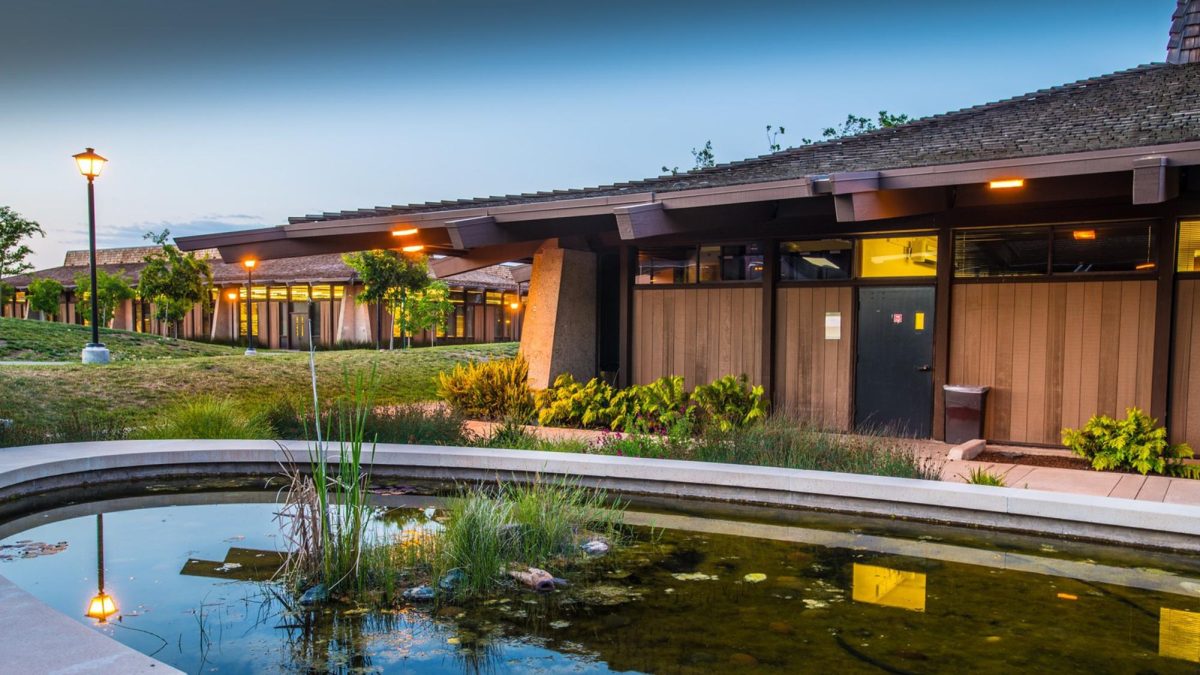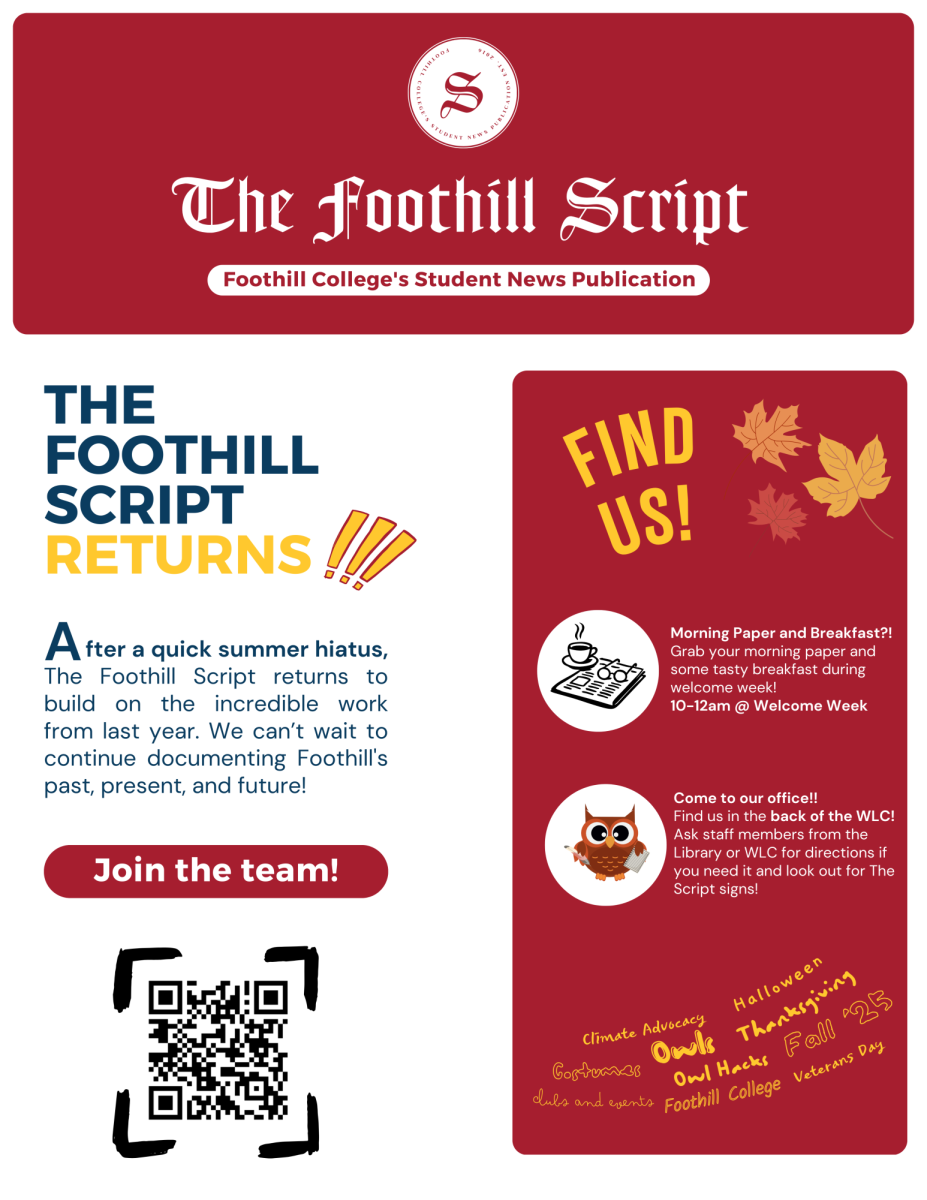
Throughout Foothill College, specifically in terms of gender identity, sexuality, and race, there may be a plethora of students who feel underrepresented in one way or another. In addition, some Foothill students may not be very educated on some/if not all of these pertinent topics that retain relevance to a plethora of students at Foothill. By writing this article, I hope to create a nuanced discussion of how the topics of gender identity, sexuality, and race do impact students’ everyday lives, whether they are aware of them or not. This article is meant to spread awareness of these topics, which can be shied away from in terms of discussion topics in journalism.
Interview Questions for Mom
- What was your own belief growing up, excluding what your parents may have instilled you to believe, in marginalized communities?
Side Note: Marginalized communities are known to include “… groups of people who face social, economic, and political disadvantages due to factors such as race, ethnicity, gender, sexual orientation, disability, or economic status.” (Marginalized Communities)
“I knew in school that other kids had darker skin. But I didn’t think that was a big deal, they were kids, like me. But there were also other kids with white skin. I don’t remember if I tried to sit with the lighter kids or the darker kids. I became aware when I was ten….in 5th grade that it was mostly white-skinned kids.”
- After raising two children of your own, how would you say that them using non-heterosexual pronouns describing people around/to you (friends, peers in school, etc) has influenced your personal beliefs regarding this subject? Specifically in what way?
“That it’s nobody else’s business who a person is. I learned to adapt when learning that when one of my daughter’s friend’s told her that instead of being a she, he was a he.”
- How did you initially react to a situation when being called out on your own personal opinions towards people of color?
“I agree that it’s wrong. I would have questioned my decision to protect a family member.”
Questions aimed for Lesbian Asian-American friend
- How would you describe your attitude towards non people of color/white people? Would you say that your perspective on this specific racial group has stayed stagnant throughout your life or altered?
“I think growing up I didn’t really have a concept of race… like I didn’t really question why history classes primarily talked about white people and when they didn’t, it was abolitionists/activists… But I think because I hadn’t developed a strong concept of race or ethnicity until middle school, I didn’t think it was fair when my friends would joke about white people originally…. I think understanding more about, I guess, intersectionality and the BLM/stop Asian hate movement helped me acknowledge the differences I didn’t really refer to before. I don’t have a personal discomfort around white people, but I think there’s a better connection I usually have with people of color.”
- If you have confided in your family, how has being an open member of the Queer community altered your relationship with them?
“I have not confided in my family, except my cousin. It has helped us connect and relate with each other on things.”
- What would you desire for an older generation to know about how it feels to be a Queer Asian-American in the 21st century?
“I guess it’s that we don’t really want to be different? I don’t know, I’m just kinda existing and chilling. I don’t want special treatment or to be treated with less respect. I think I would also like older generations to know that even though I’m happy there’s been a lot of improvement, there’s still a lot to fix, and hopefully we will be working on that.”
Questions asked of a White Transsexual/Transgender friend
- How would you explain to someone what the experience of discovering that you identify as transsexual was like for you emotionally?
“That was a few years ago, and I don’t remember because I was really depressed and it was quartertine. I also don’t feel like talking about it because it makes me dysphoric.”
- How has your perception of cisgendered people changed now compared to before you identified yourself as being transsexual?
“My transition wasn’t a stop/start mark in time. It’s an ongoing thing, there’s no before/after…” “I don’t really think my perception of cisgender people has changed much over time. In some ways I have more patience with them, and in some ways I find them more annoying.
- What is one common misconception cis–gendered/straight people tend to believe you want to debunk?
“Similar to other minorities, cisgender people tend to expect transgender people to educate them…”
Guidelines to greatly encourage when talking to a Queer individual:
- Be open to learning, and know your core values
- Seek out discomfort. If something challenges what you believe, keep reading!
- Reflect on how you felt while reading it. What did your discomfort teach you?
Question for both Queer friends
- How would you express to a straight/cis–gendered human the commonalities you both have observed many Queer people tend to collectively share
- Response from my Queer/Asian-American friend:
“… A lot of Queer people have different ideas on issues within the community. One that me and some of my friends stood by is eradicating the need to come out, especially for a progressive area, because we work toward normalizing Queerness all over the US. Also, one thing I heard recently is that Queer media is always catered toward straight people, which I think should be discussed more.”
- Response from my white transgender friend:
“Blue hair and pronouns. Problems with parents.”
As a closure to this journalistic interview, I do believe it is important to state that this interview only encapsulates three human beings’ experiences with the topics of race, sexuality, and gender identity. Attempting to generalize the responses of these vastly different and nuanced interviewees would be wrong for readers to heed to heart. The intended purpose of this journalistic interview is to portray an individualistic perspective on these aspects of self identity, which are inherently unique to each human being. As a unique human being reading this article, I do hope that you, yes you, the reader, internalize the importance of meeting another human being where they are at. This could be in terms of where they are currently at with their own self identity, or even where they may be in regards to acceptance to others identities as well.





















































































